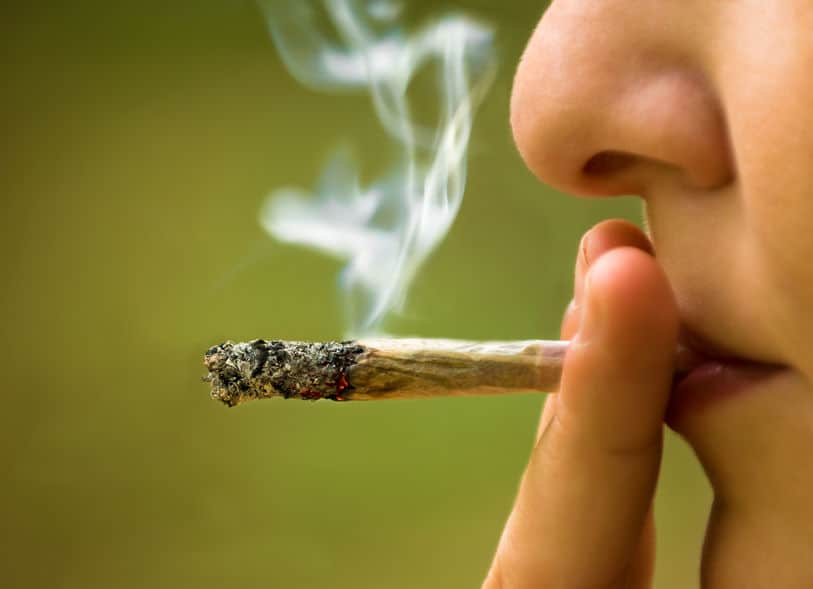
Teen Use of Synthetic Marijuana
July 20, 2017
Synthetic marijuana is a cannabinoid compound created in a lab. It is not related in any way to natural marijuana although it binds to the same brain receptors as THC. The synthetic version creates an intense euphoric high effect, more so than its organic counterpart. It is a popular party drug for teenagers because it is cheap and easy to obtain, either on the internet or even at a local convenience store or gas station.
The drug goes by many names, the most popular being “Spice,” “K2” and “Mr. Happy.” The packaging is often bright and colorful, and the product is usually tea or herb leaves that have been sprayed with the compound and other unknown chemicals that have not been tested on humans. While the packages are clearly marked “not for human consumption” to skirt the law, teens are consuming the drug and suffering the consequences.
Symptoms of Use
In many cases, the side effects of using Spice are mild, but since the chemical formula often changes over time, it can have unpredictable results. The signs to watch out for in teens include the following:
• Being paranoid
• Hallucinating
• Elevated heart rate
• Tremors and seizures
• Kidney damage
• Heart problems
• Developing or enhanced mental illness
• Withdrawal
If any of these symptoms develop, it is crucial to seek medical attention immediately and follow up with inpatient treatment to address the psychological issues of using drugs.
Causes

On the psychological side, teens use drugs to deal with stress, enhance mood and fit in with peers. They may find it difficult to talk to parents, teachers or other adults in their lives about feelings and experiences, especially if they are being bullied or having difficulty keeping up in school. There may also be issues with sexual identity, which can have serious social implications. Drug use, including synthetic pot, is often a coping mechanism and a way to feel in control.
Aside from being inexpensive and widely available, teens may not be aware of how dangerous synthetic cannabinoids are and do not realize that regular use could result in psychosis, blindness, organ failure and even death. They just want to feel better about themselves and be seen as cool.
Getting Treatment
As with natural marijuana, the synthetic version is thought by many to not be addictive. The reality is that Spice activates the reward centers in the brain the same way as other drugs, causing them to become dependent on it. A teenager who smokes or ingests Spice regularly can feel withdrawal symptoms within a few hours of last use.
If Spice has caused a medical crisis, the teen must be stabilized before drug treatment can begin. An inpatient center is often the best choice because it will allow the teen to detox in a safe and supervised environment. Once the detox period has passed, individual and group counseling can begin. This step may include family members and teachers if it is determined to have therapeutic benefit. While participating in a group session can be awkward at first, it offers the opportunity to hear the stories of others and find common ground. Knowing they are not alone in their fight is how teens begin building the foundation for a more stable and healthy life that includes better communication and realistic coping skills.
Teen use of synthetic marijuana is a very serious problem. If any of the above symptoms are present, parents should seek help immediately. The skilled, compassionate staff at Hillcrest Adolescent Treatment Center is available around the clock to answer questions and explore options for successful teen drug treatment.
